


To be able to facilitate stakeholder dialogue workshops in a productive manner and geared towards consensus-building and cooperation, it is essential to prepare well. An initial scoping and review phase will provide essential information to support the discussions. The review should provide a comprehensive overview of the current situation, enable preliminary identification of critical aspects and identification of key stakeholders and their priorities and concerns.
This initial scoping and review will also enable the planning of the entire stakeholder engagement process, including channels and formats to be used, convening process, and desired outputs and outcomes.
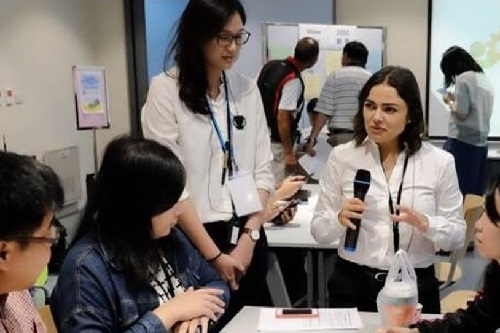
We support organizations and communities in the coordination and facilitation of complex multi-stakeholder engagement processes for the development and deepening of institutional dialoge, cooperations, co-design and local-ownership and participation in the implementation of solutions towards sustainability.
Depending on the desired outputs and outcomes of the stakeholder engagement process, different channels and formats may be selected and developed for implementation. Examples of possible formats for stakeholder engagement include advisory committees, focus groups, facilitated dialogue and consensus-building workshops, among others. Community meetings, for example, are an essential component of participatory governance and of locally-owned and locally-driven climate strategies.
The convening process itself deserves careful consideration. Invitations should present a clear mandate and clear objectives, highlighting the importance of participation and the sought out inputs from the invitee.
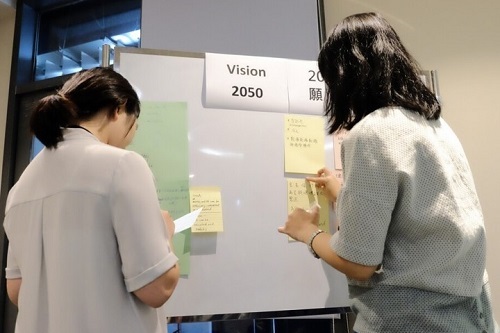
We support organizations, governments and communities in the development of overarching programmes and strategies for the transition to clean energy, circular economy and sustainability through the convening and facilitation of stakeholder engagement and strategy co-development workshops and other participatory mechanisms.
Stakeholder engagement processes can be used to generate specific outputs of great value for the management of organizational and societal transitions. Examples of possible intended outputs include:
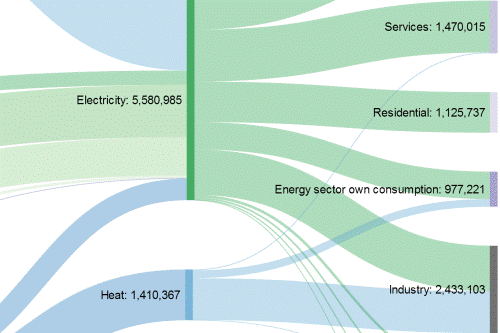
We support organizations, governments and communities in multiple roles of the programme and project development cycle, always ensuring that we only engage in processes where we have no conflict of interests. Examples include:
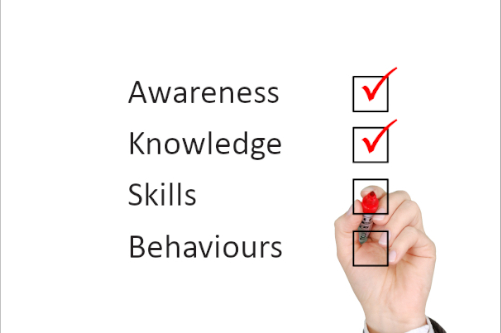
We support organizations, governments and communities in the development and implementation of capacity-building programmes on clean energy, climate-neutrality, circular economy and sustainability for different target-groups, namely for staff, technical staff, public desision-makers, partner organizations or stakeholders, depending on the existing needs.
Once the overall objectives and target-group(s) of the training are well defined, different methods can be used to assess the existing capacity building needs depending on the size and heterogeneity of the target-group(s). Examples include carrying-out semi-structured interviews and conducting surveys. The processing of the results will inform the next steps and help define specific training objectives.

Building on the capacity building needs identified and on any eventual learning resources already available, the training delivery channels and formats are selected and the training program is developed. Possible formats include face-to-face training and remote online training in synchronous mode - to enable direct interaction between the trainer and trainees - and assynchronous mode - to enable the trainee to study and learn at his/hers own pace.
This step includes developing the course sylabus, the materials for training delivery, the learning materials to support study, as well as communication materials to disseminate the training.
A preliminary training run can be used to test the training's structure and contents, and to obtain inputs for their improvement and further dissemination.
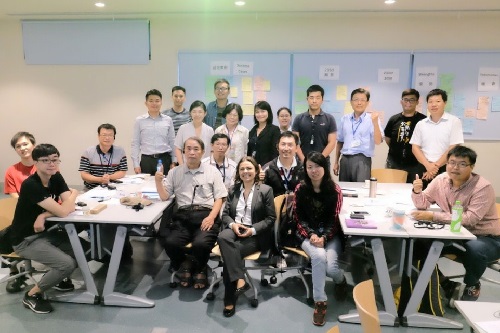
To be effective in contributing to behaviour change, all the training modules include elements to enhance the motivation, knowledge and skills of the trainees.
Training is delivered according to the training plan, making use of the learning resources and encouraging active participation throughout. Group dynamics are encouraged to the extent possible, as a mechanism for exchange of experiences, building a better understanding of the subjects, facilitating team building and development of a support network, and promoting the further emotional connection and commitment of the trainees.
The methodologies that are most suitable for the achievement of the training objectives are used. Whenever possible, hands-on methodologies are preferred, as these tend to be the most effective for learning new skills.
Questions are encouraged and clarified throughout the training.
At the end of training, the Trainees' performance is evaluated against the learning objectives.

At the end of training, the Trainees are invited to evaluate the training in its different components. The input received is then used to improve the training program and materials for a next training cycle.
If possible, six months after the end of training, the Trainees are again invited to evaluate the training by providing information on how they have used their new learned knowledge and skills in their own work. The input received is then used to improve the training program and materials for a next training cycle, while also supporting further dissemination of the training.
Our multidisciplinary team can support you in charting a course towards climate protection through the development of:

Did not find exactly what you are looking for?
Contact us, we will gladly explore developing a custom-made approach to suit your particular organization’s needs.